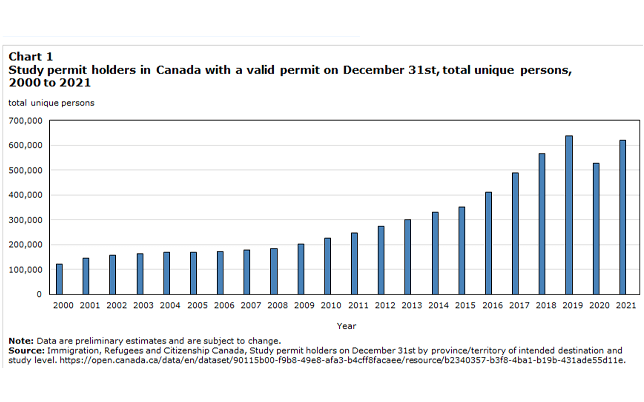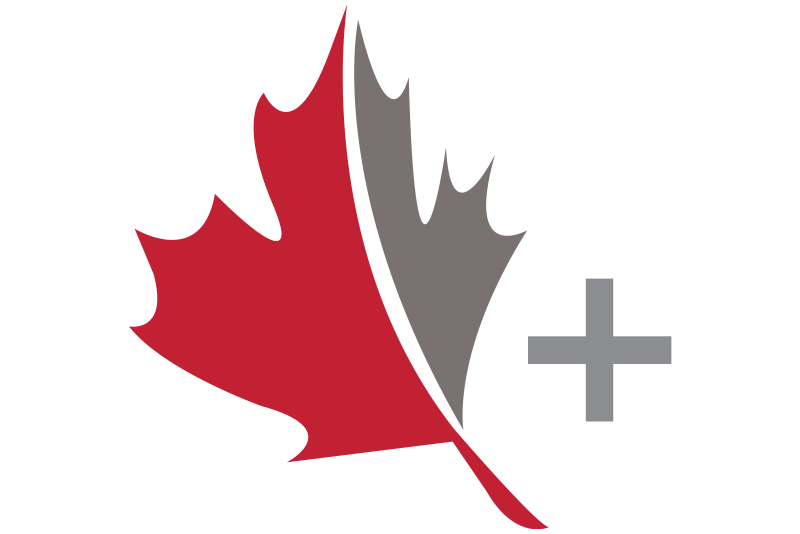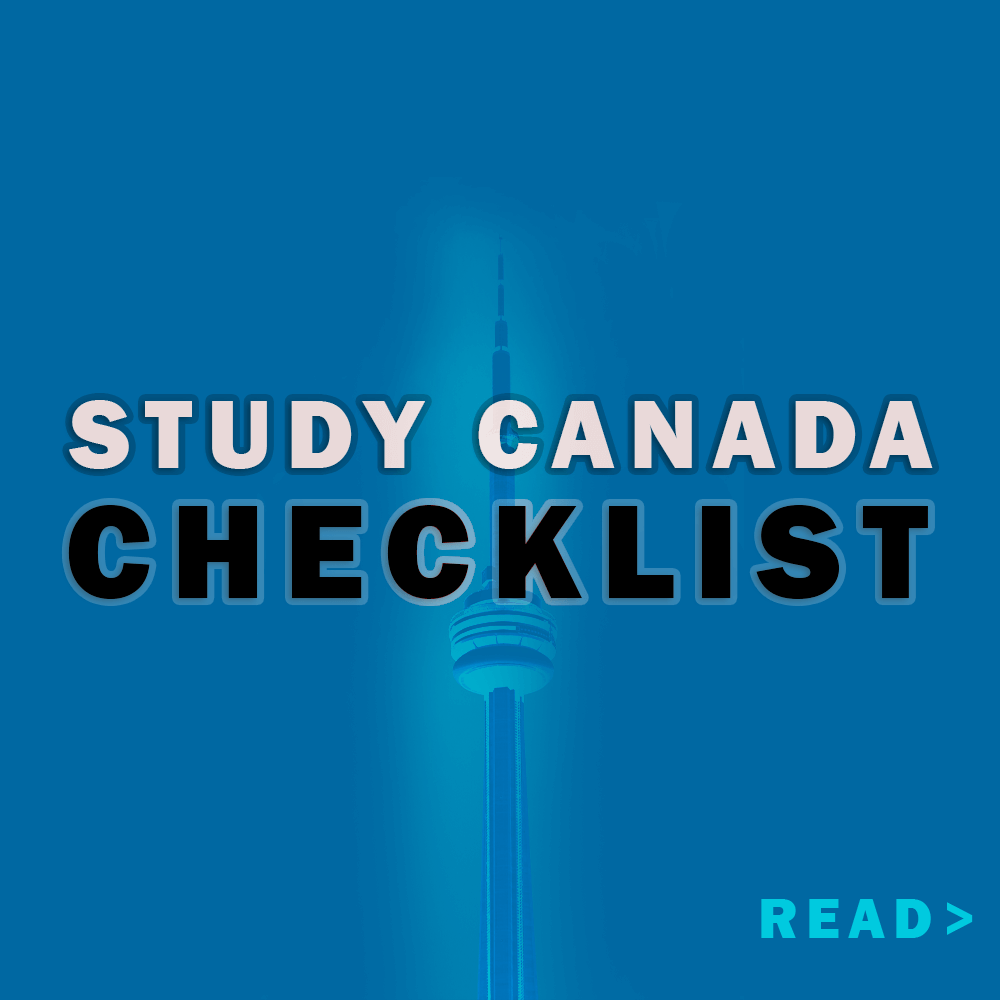Canada is a popular destination for international students seeking quality education and career opportunities. In recent years, the number of international students in Canada has increased steadily, welcoming more than 600,000 international students in 2021. However, the recent news of fake acceptance letters being used to apply for student visas has raised concerns among international students planning to study in Canada.
In this blog post, we will discuss the issue of fake acceptance letters and guide how international students can protect themselves from becoming victims of this fraudulent practice.

| Total unique persons | |
| 2000 | 122,665 |
|---|---|
| 2001 | 145,950 |
| 2002 | 158,125 |
| 2003 | 164,480 |
| 2004 | 168,590 |
| 2005 | 170,440 |
| 2006 | 172,340 |
| 2007 | 179,110 |
| 2008 | 184,140 |
| 2009 | 204,005 |
| 2010 | 225,295 |
| 2011 | 248,470 |
| 2012 | 274,700 |
| 2013 | 301,545 |
| 2014 | 330,110 |
| 2015 | 352,330 |
| 2016 | 410,570 |
| 2017 | 490,775 |
| 2018 | 567,065 |
| 2019 | 638,280 |
| 2020 | 528,190 |
| 2021 | 621,565 |
Source: Immigration, Refugees and Citizenship Canada, Study permit holders on December 31st by province/territory of intended destination and study level. https://open.canada.ca/data/en/dataset/90115b00-f9b8-49e8-afa3-b4cff8facaee/resource/b2340357-b3f8-4ba1-b19b-431ade55d11e.
Do your due diligence when selecting an education consultant.
It is vital to research education consultants before engaging in their services. Unfortunately, some fraudulent consultants take advantage of international students. To avoid this, only work with licensed consultants and lawyers registered with the College of Immigration and Citizenship Consultants. These professionals are authorized to provide immigration advice and services for a fee. You can also check if a consultant is registered with the government through the Immigration Consultants of Canada Regulatory Council (ICCRC).
Verify the authenticity of your acceptance letter.
After receiving your acceptance letter, it is essential to verify its authenticity. A fake acceptance letter can lead to severe consequences, including deportation and a ban on entering Canada. You can do this by contacting the institution directly or using the Canadian Information Centre for International Credentials (CICIC) for verification. Ensuring the letter is legitimate before proceeding with any further steps in your application process is crucial.
Stay informed on immigration policies and regulations.
Immigration policies and regulations can change frequently. It is essential to stay up-to-date with any changes that may affect your application process. You can check the Canadian government website or consult a licensed immigration consultant for reliable information. This way, you can avoid falling victim to misleading information or scams.
Be cautious of promises that sound too good to be true.
Beware of consultants or agencies that make promises that sound too good to be true. Offers such as guaranteed admission or fast-track to permanent residency should raise a red flag. Legitimate consultants will provide honest and realistic advice based on your qualifications and circumstances. Remember that there are no shortcuts to success; hard work and dedication are the keys to achieving your goals.
Contact official sources for help and guidance.
If you need clarification on any aspect of your application process or encounter any issues, contact official authorities for help and advice. The Canadian government website, licensed immigration consultants, and education institutions are all excellent sources of reliable information and support.
Seek help from fellow students or relatives.
Another essential tip to remember is to seek help from fellow students or relatives in Canada. They can guide you in navigating the complex Canadian education system and provide valuable tips on finding affordable housing, part-time jobs, and other essential aspects of living and studying in Canada.
Your friends or relatives can also accompany you to necessary appointments, such as education administration and Canadian authority offices, to ensure your paperwork is in order. However, it is vital to remain cautious and vigilant while seeking help from individuals you don’t know well. Ensure that the people you contact are trustworthy and reliable and don’t engage in illegal activities that could jeopardize your student visa application.
By following these tips and seeking help from reliable sources, you can safeguard yourself from fraudulent activities and enjoy a successful and fulfilling study experience in Canada. Remember, your safety and well-being are paramount, and taking proactive measures can help you avoid potential pitfalls or scams.
Conclusion
In conclusion, international students planning to study in Canada should be aware of the risk of fake acceptance letters and take the necessary precautions to protect themselves. By doing your due diligence when selecting an education consultant, verifying the authenticity of your acceptance letter, staying informed on immigration policies and regulations, being cautious of promises that sound too good to be true, and contacting official sources for help and guidance, you can avoid becoming a victim of fraud and enjoy a successful study experience in Canada.




